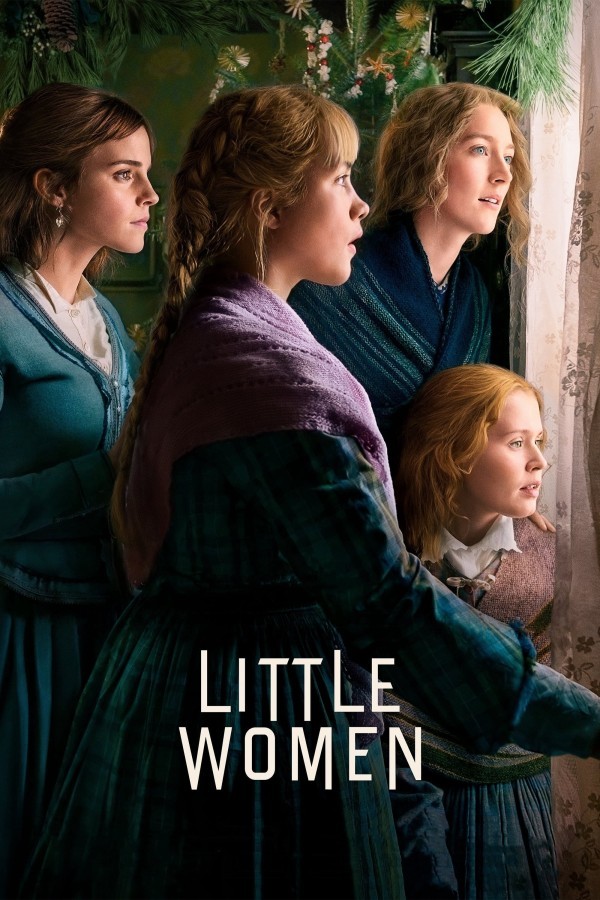In the rich tapestry woven by Louisa May Alcott, Amy March emerges as the youngest of the March sisters, a complex figure often misunderstood and dismissed as vain or spoiled. Trapped in the constraints of poverty and societal expectations, she navigates jealousy and ambition, oscillating between youthful innocence and profound self-awareness. From her childhood misadventures, such as the notorious incident involving pickled limes and burning Jo's manuscript, to her artistic aspirations, Amy develops significantly throughout the narrative.
Her evolution from a self-centered girl to a devoted wife and mother is accentuated by her understanding of the economic realities that govern her world. This transformation culminates in her marriage to Theodore Laurence, reflecting her growth and resilience as she claims her creative identity and navigates the roles expected of her in a patriarchal society. Envisioned anew in modern adaptations, Amy's character shines as a representation of the struggles many women face as they pursue their dreams in a world rife with constraining norms.



 Amazon Video
Amazon Video Fandango At Home
Fandango At Home Redbox
Redbox Apple TV
Apple TV Google Play Movies
Google Play Movies YouTube
YouTube